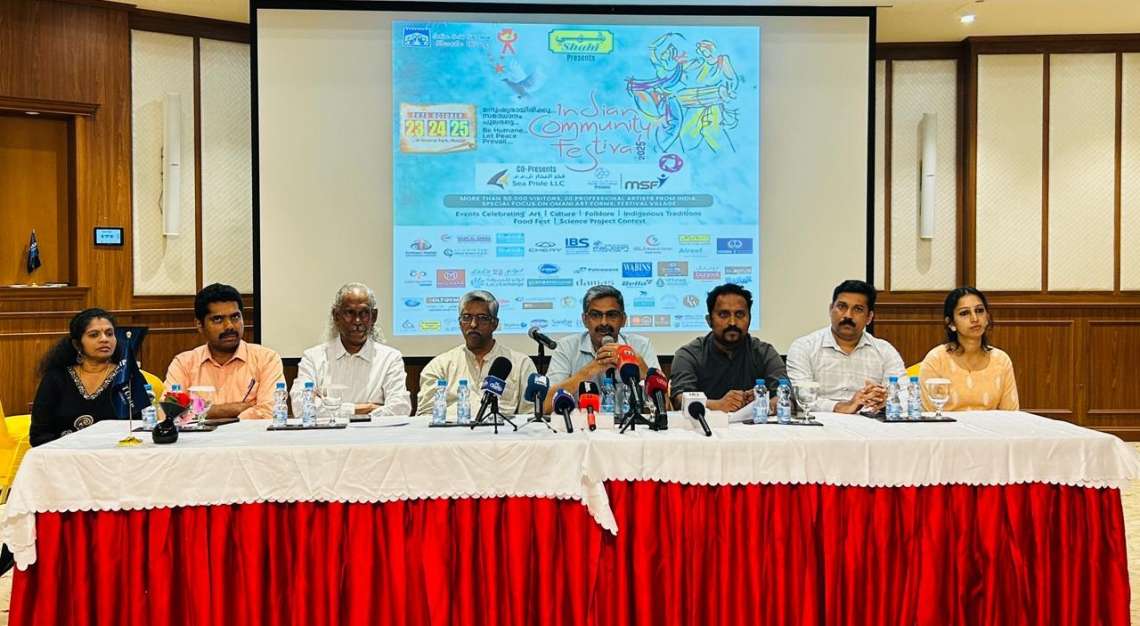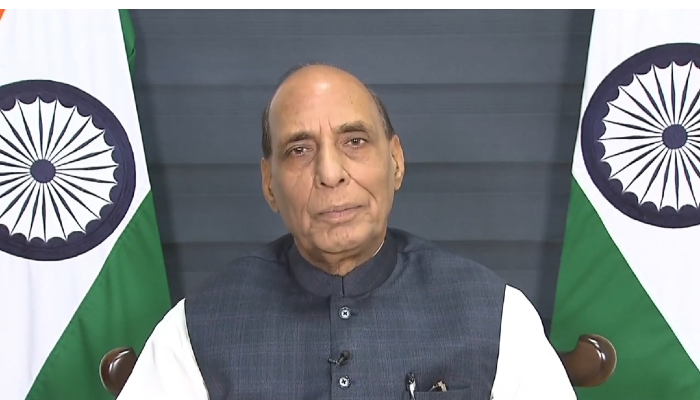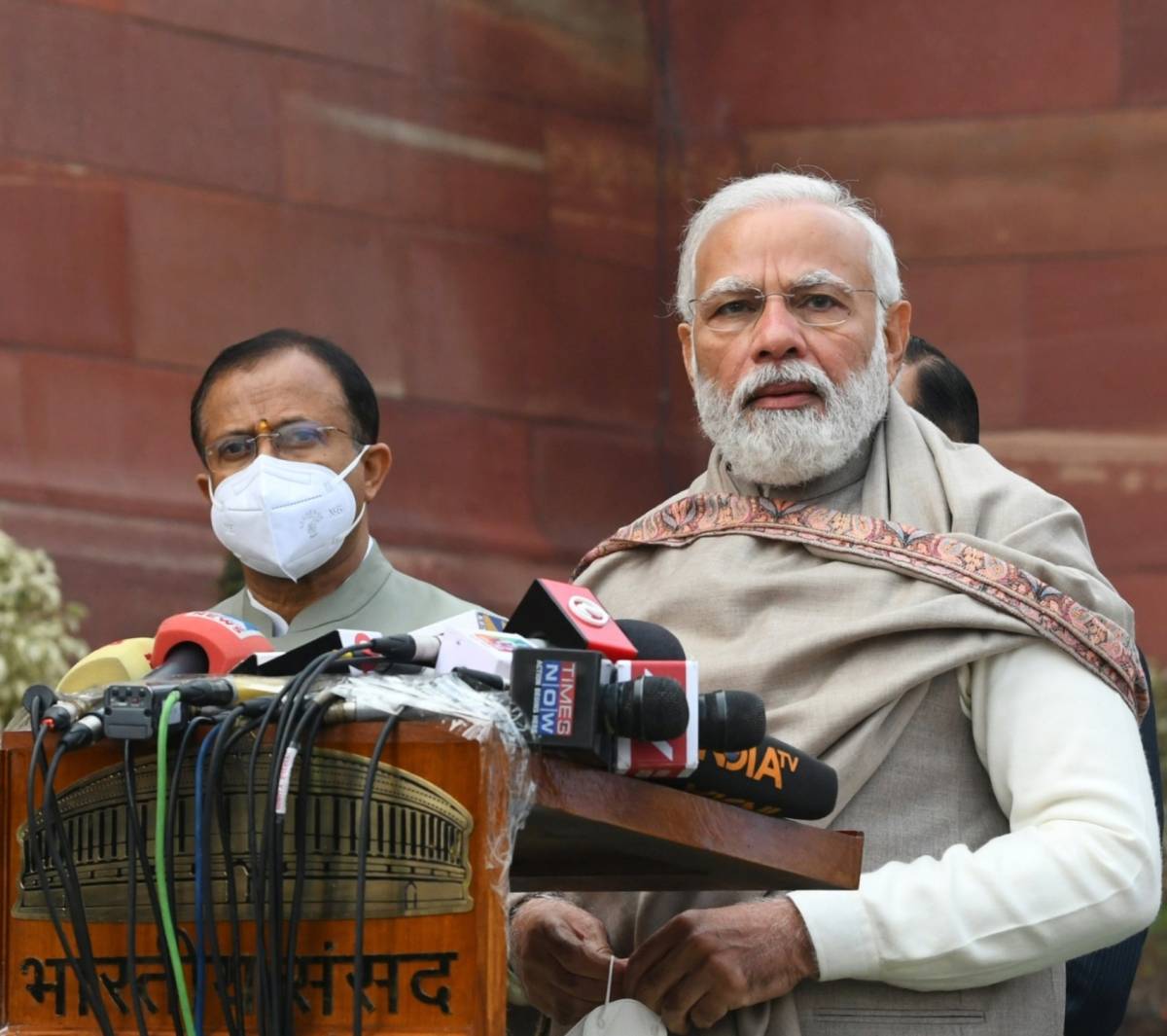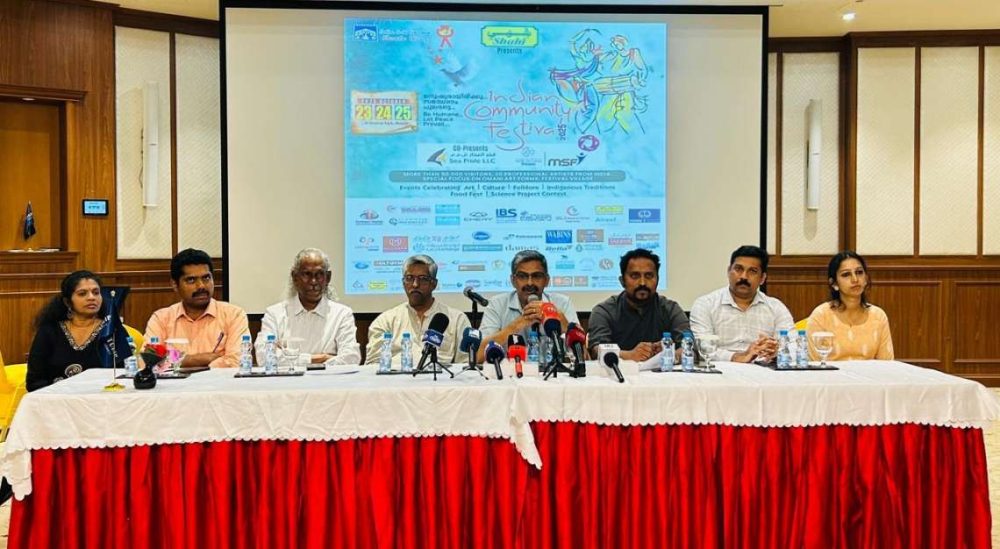Most farmers grow coffee and coconut as main crops in their farms. Since most geo-tagged trees are enormous, their massive trunks can support creeper crops like pepper…reports Priyanka Shankar and Nidhin TR
Betty Surendran, a functionary of Kudumbashree, a self-help group supported by the state government, owns 50 cents of land in the Meenangadi panchayat of Wayanad, Kerala. She has successfully geo-tagged seven of the trees on her land after submitting her land tax receipt and her Aadhaar number at the panchayat office. She receives Rs 50 annually for each tree, as long as she does not cut them down.
This incentive for the farmers/landowners in Meenangadi is part of the ‘Tree Banking Project’ started by the NGO Thanal and the Meenangadi Panchayat, under a larger initiative called Carbon Neutral Meenangadi. Payment for Ecosystem Services (PES) is a system in which farmers are incentivised in exchange for managing their land in a way that contributes positively to the environment.
The idea was conceived by Dr TM Thomas Issac, the former Finance Minister of Kerala. Thanal helped create a model based on extensive research, which found that in Wayanad, there was an excess emission of 11,412 tonnes of carbon-dioxide equivalent in 2016-17. After interacting with forest officials and agriculture experts, it was decided that trees will be planted based on their contribution to carbon sequestration, economic value, growth rate, canopy area, medicinal and religious value, among other categories. Elected representatives democratically chose Meenangadi to pilot the initiative because the panchayat won an award for being one of the best panchayats in the Green Express Competition organised by Doordarshan and the residents are aware of climate challenges.
“As I own only 50 cents of land, I could plant only seven trees under the project. However, some farmers have added up to 100 trees, contributing to tree banking,” shared Surendran, who also helped Thanal reach out to more farmers.
A win-win situation
The Executive Director of Thanal, Jayakumar C, explained, “Climate change is the biggest challenge we face. We wanted to create a development project based on carbon neutrality, and tree banking emerged as a successful initiative. In 2018, we came up with estimates about how much carbon needs to be offset and how many trees would need to be planted. We then questioned what would keep the farmers motivated to maintain the trees and not cut them down after a couple of decades. Thus, the idea of incentivising farmers for maintaining the trees was born. They receive the incentives annually. The farmer is given total freedom to cut the tree, but if they decide to cut the tree, they pay the money back.”
There is also an option called ‘Tree Mortgage’, wherein the panchayat creates a committee chaired by Forest Department Officers. The officers physically evaluate the tree and place a monetary value for the tree. With this number and approval from the panchayat, the bank can sanction a loan of up to 75% of the value stated against the tree as a liquid asset. This helps the farmers to gain extra money during times of need without cutting down the tree. Meanwhile, farmers can also sell the fruit and other produce from the trees to increase their income.
Most farmers grow coffee and coconut as main crops in their farms. Since most geo-tagged trees are enormous, their massive trunks can support creeper crops like pepper.
“Also, in the long run, we aim for the farmers to be able to sell their produce at a better price in the market, as they can obtain green-friendly tags. This will also help achieve the government’s objective to double the farmers’ incomes,” said Jayakumar.
A trailblazing, carbon-neutral community
Gopi CK has a landholding of 68 cents and has added 53 trees as part of the project. “I think we could protect at least 70% of trees from being cut down. Some farmers are apprehensive that by being part of the project, the government may take control and even prevent them from trimming the branches of the protected trees to provide proper sunlight to other crops. However, there are no such restrictions, and everyone should be able to benefit,” he clarified.
Gopi received Rs 2,650 for protecting his trees as the first annual payment of the tree banking scheme and will continue to receive this each year. He stated that he spends half the day on his farm taking care of the geo-tagged trees and other crops. “During summer, we need to provide shade to the saplings by erecting chopped branches of other trees. Weeds need to be removed from the farm to take proper care of the geo-tagged trees,” he added.
The community is well-informed and aware of the effects of climate change and wants to contribute proactively to positive environmental action. Subramanian R P, who moved to Wayanad in 1995, reminisced that the temperatures used to sink to 10�C, but now he cannot stay indoors without a fan. “Large scale chopping of trees has brought up the temperature levels. The trees maintain the local climate, and it is important for the environment and us that we plant more trees,” he said.
Subramanian, who owns 15 cents of land, joined the tree banking project last year by geo-tagging seven trees on his premises. “We have seen examples in the past where despite strict measures, the wood mafia has bypassed rules to cut down trees. By putting in place such monetary schemes, a message is conveyed to the public about the need to protect the green cover in Wayanad. The officials and the NGO need to conduct regular inspections to ensure that the trees in the project remain protected,” he said. He hopes for a hike in the annual payments too.
The trees were also planted with the panchayat’s help through the MGNREGA scheme. Ajith Tomy, the project coordinator for the tree planting project, said, “We surveyed many wards and noticed that farmers with even three trees wanted to be a part of the project just because they want to support the community goals. This spirit motivates us to include more people and survey trees in difficult terrains,” shared Tomy.
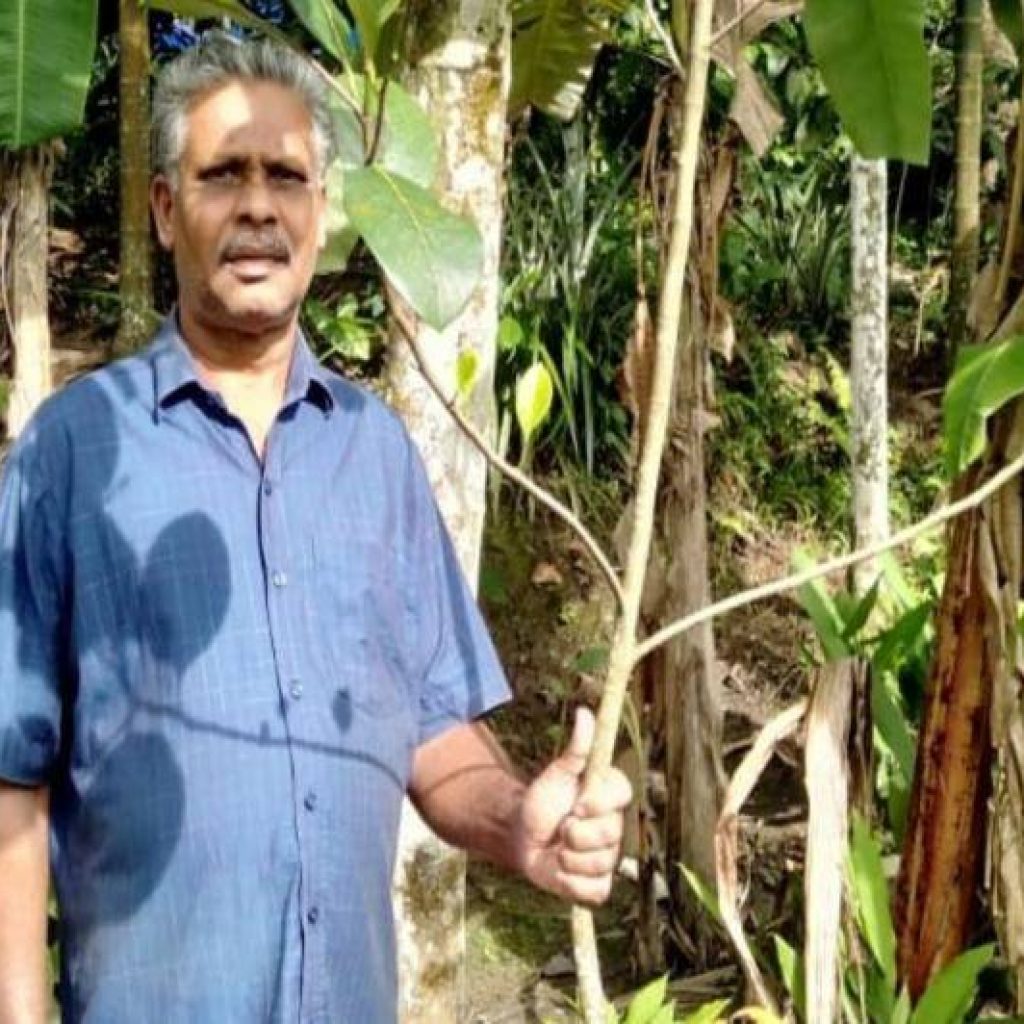
Tree banking is just one of the projects that is part of the carbon-neutral plan, including interventions and intelligent integrations across sectors like agriculture, energy, transportation, waste, water, social security, education, health, development, etc. This means projects in energy conservations like LED bulbs, energy-efficient stoves, renewable energy projects like solar street lights, energy parks, biogas plants, electric auto-rickshaws and other initiatives.
Jayakumar encapsulated the spirit of community resourcefulness, “The people of Kerala have always thought about the universal good and collective goals. Tree banking and other environmental projects are successful with community efforts and high literacy rates. This programme is nature-based with public accountability. The model can be customised according to different districts in India and replicated.”
ALSO READ-Sanskruti Darshayaami – Captivating Republic Day celebrations in London



